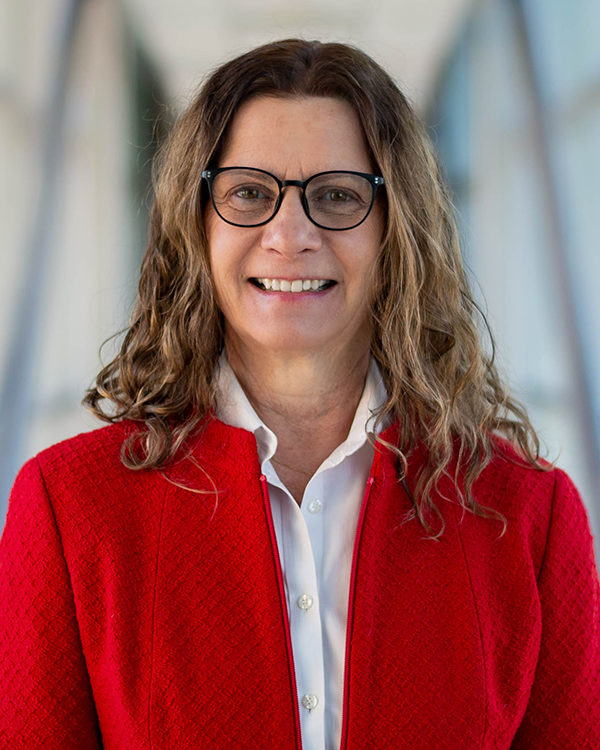Mair Churchill, PhD
Professor

Contact Information:
University of Colorado Denver
Department of Pharmacology
Mail Stop 8303, RC1-South
12801 East 17th Ave
Aurora CO 80045
Phone: (303) 724-3670
Fax: (303) 724-3663
Email: [email protected]
Office: RC1-South, L18-6118
Research Interests
My lab is interested in understanding the molecular basis of essential processes that regulate gene expression. We use biophysical, biochemical methods, and structural methods, including X-ray crystallography. Our insights into these fundamental mechanisms will contribute to a better understanding and ability to regulate gene expression processes involved in human diseases and will assist in drug development efforts.
Our studies focus on the following questions:
- How is chromatin structure modulated for DNA-dependent processes?
- How do transcription factors and pioneering factors activate gene expression?
Current projects
Modulation of chromatin structure
The eukaryotic genome is packaged by histones into nucleosomes that together with non-histone proteins form higher order structures known as chromatin.  This chromatin structure must be dismantled for factors that carry out the processes of transcription, replication, DNA repair, and recombination
to gain access to the DNA. Numerous protein-DNA interactions, protein-protein interactions, and covalent modifications actively regulate DNA accessibility, but the molecular mechanisms by which this dynamic remodeling of chromatin occurs are still
not well understood. Therefore, we will need to understand chromatin assembly, disassembly, nucleosome remodeling and accessibility, and gene regulatory processes at the molecular level in order to achieve the ultimate goal of being able to modulate
the activity of genes at will.
This chromatin structure must be dismantled for factors that carry out the processes of transcription, replication, DNA repair, and recombination
to gain access to the DNA. Numerous protein-DNA interactions, protein-protein interactions, and covalent modifications actively regulate DNA accessibility, but the molecular mechanisms by which this dynamic remodeling of chromatin occurs are still
not well understood. Therefore, we will need to understand chromatin assembly, disassembly, nucleosome remodeling and accessibility, and gene regulatory processes at the molecular level in order to achieve the ultimate goal of being able to modulate
the activity of genes at will.
Nucleosome dynamics play an important role in activated gene expression. We are studying the histone chaperone Asf1, because of its central role in chromatin dynamics. Asf1 binds to a dimer of histones H3 and H4, carrying the histones for post-translational modifications and hand-off to other histone chaperones in the cell. Chromatin assembly and disassembly systems are essential and fundamental to all DNA-dependent cellular functions, and are also important in human cancer and aging processes.
HMGB proteins.  The structure of chromatin is also modulated by abundant proteins that bind DNA non-sequence-specifically. The high mobility group (HMGB) proteins are among the most abundant of these ‘non-sequence-specific proteins’ with the exception
of histones in the typical human cell. We study the HMGB proteins to understand how they recognize DNA, form higher order structures in chromatin, and facilitate transcriptional activation of target genes. HMGB proteins bend DNA dramatically and participate
in nucleosome positioning and mobility.
The structure of chromatin is also modulated by abundant proteins that bind DNA non-sequence-specifically. The high mobility group (HMGB) proteins are among the most abundant of these ‘non-sequence-specific proteins’ with the exception
of histones in the typical human cell. We study the HMGB proteins to understand how they recognize DNA, form higher order structures in chromatin, and facilitate transcriptional activation of target genes. HMGB proteins bend DNA dramatically and participate
in nucleosome positioning and mobility.